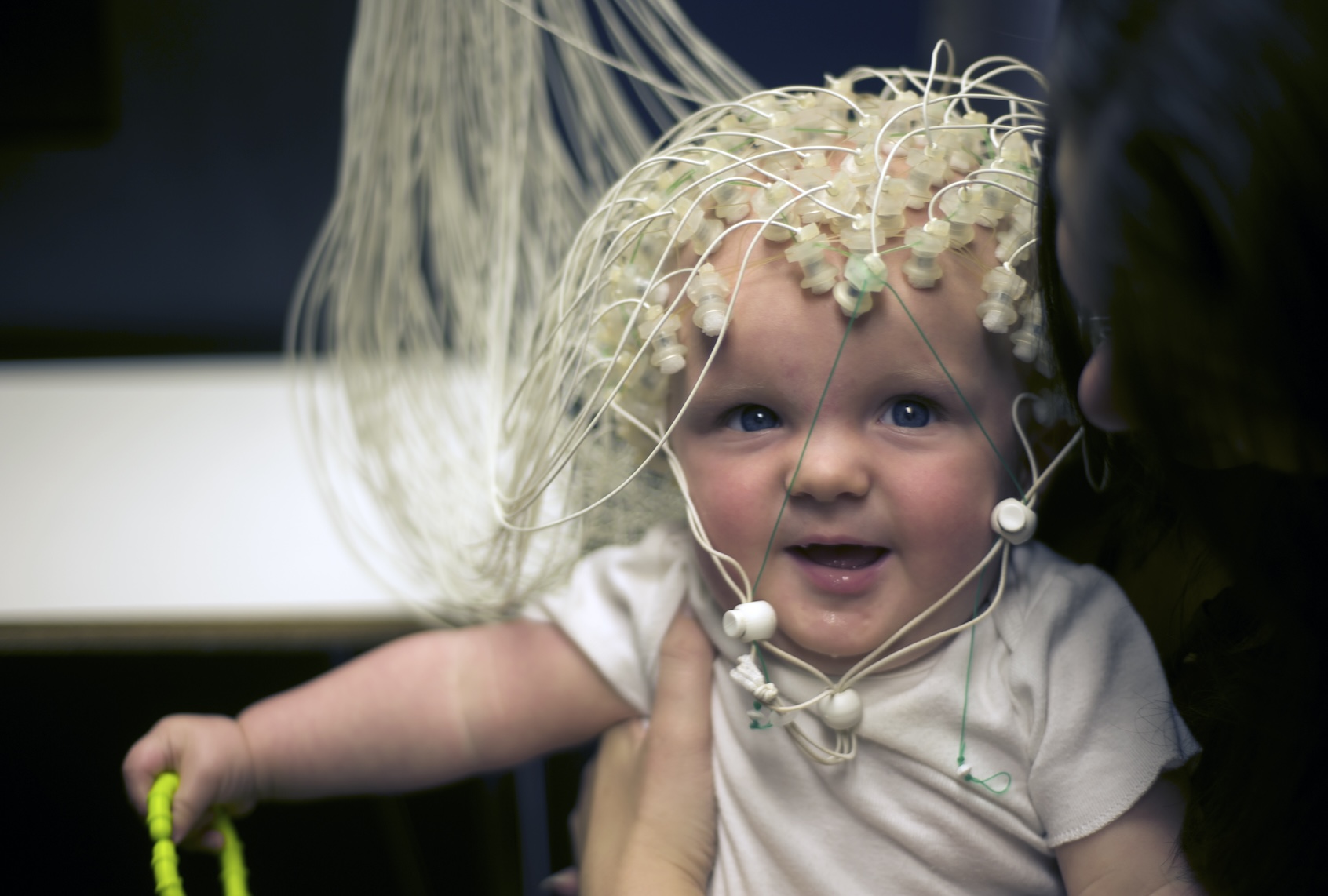Now Reading: What’s it like to be a baby? Scanning their brains can help us find out
-
01
What’s it like to be a baby? Scanning their brains can help us find out
What’s it like to be a baby? Scanning their brains can help us find out

Entertaining a baby usually involves more than just sitting quietly, which poses a challenge for neuroscientists studying brain development. By using TV, attentive parents, and patience, researchers have developed methods to keep babies awake and still in fMRI machines. This enables them to gain insights into brain activity in young children, shedding light on memory, perception, and cognition.
Dr. Nick Turk-Browne from Yale University emphasized the importance of understanding human cognition by studying its development. While previous research relied on behavioral observations or animal studies, fMRI technology provides a more comprehensive view of brain function, revealing intricate details about cognitive processes in infants.
Despite the challenges of studying infant brains, recent advancements in fMRI technology have allowed researchers to explore brain activity in awake babies. These studies have shown that infant brains, though smaller in size, exhibit similarities to adult brains, challenging previous assumptions about cognitive development.
Research findings have suggested that infants process information differently than adults and have unique memory mechanisms. Studies have shown that even very young infants can engage in processes like statistical learning, which helps them understand their environment and learn languages. By studying how infants process memories, researchers hope to uncover insights that could have implications for understanding conditions like Alzheimer’s disease.
Ultimately, studying infant brain development not only provides valuable insights into early cognitive processes but also offers potential avenues for understanding memory-related conditions later in life.






